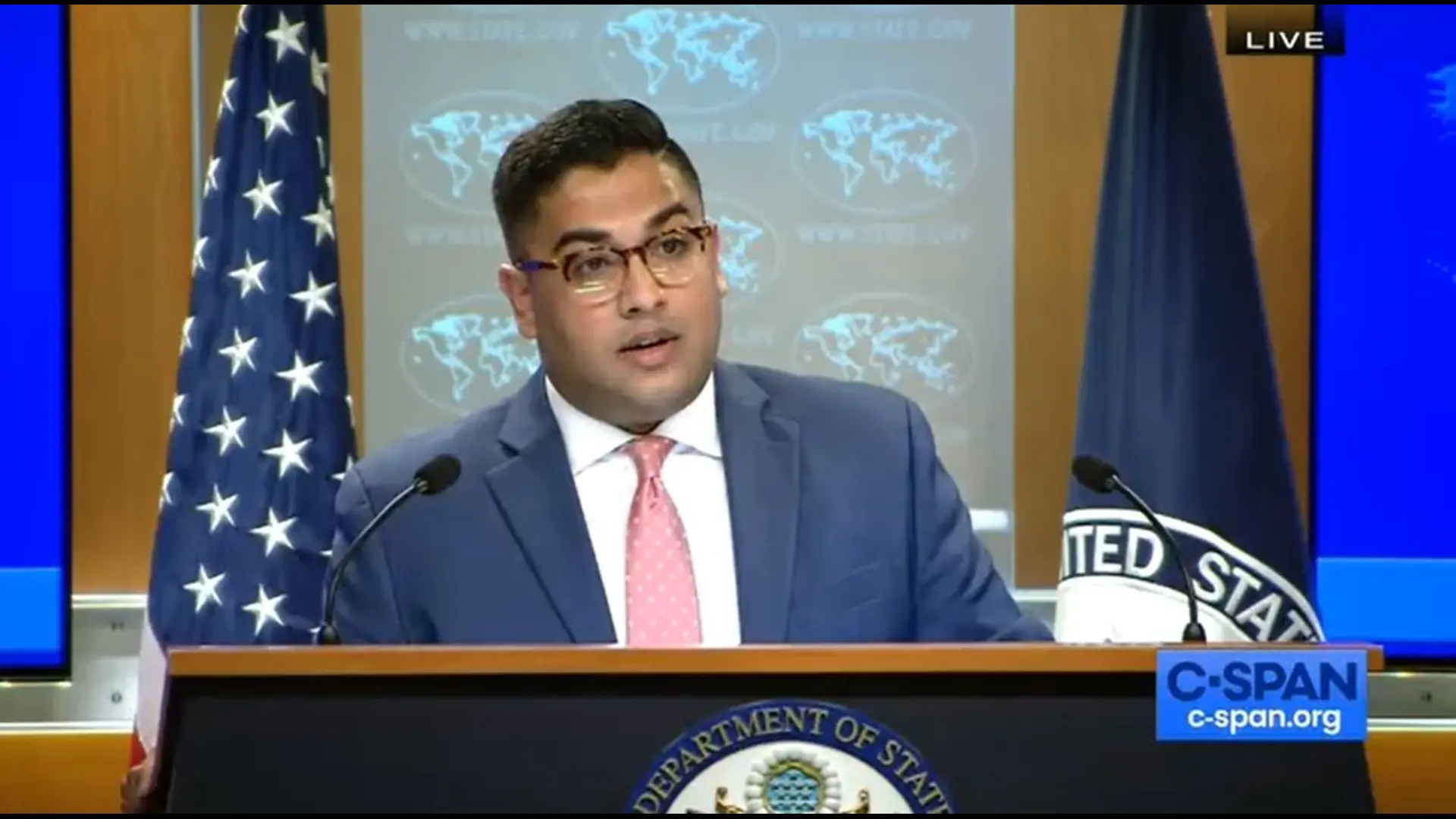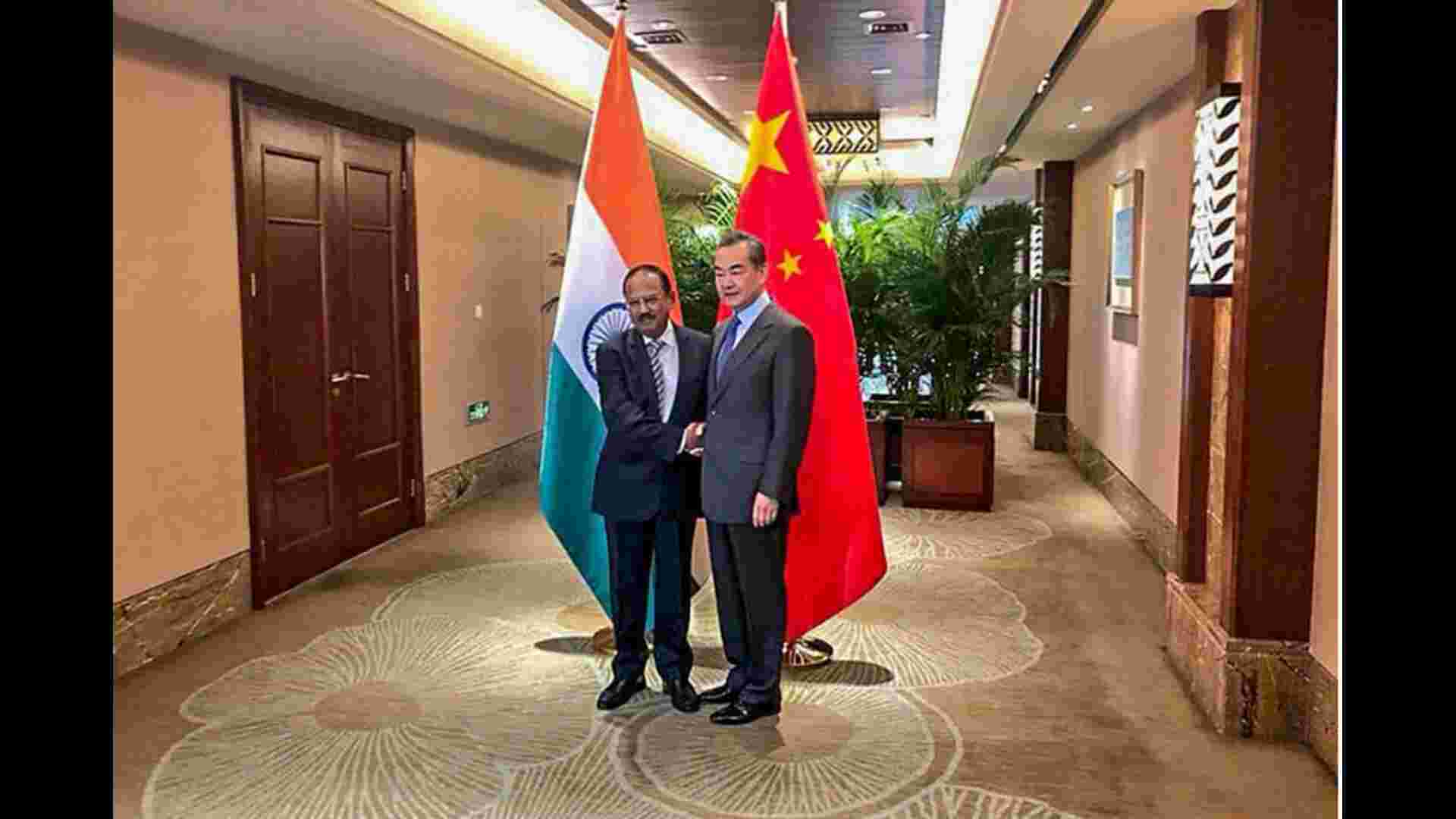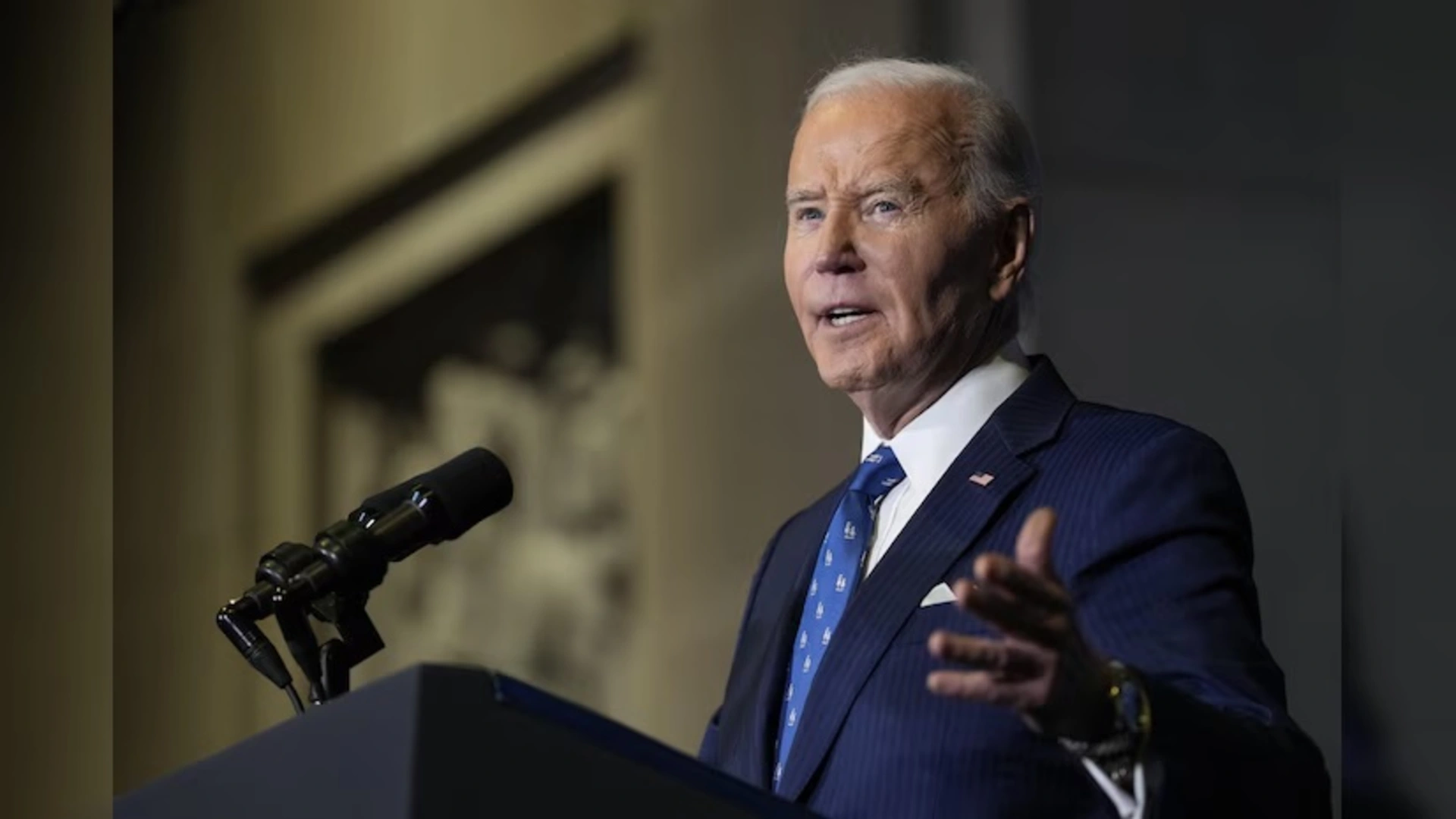
China is ramping up a crackdown on online scams operated by criminal syndicates in border areas of military-ruled Myanmar in an effort that has included a shootout, confession videos and national TV broadcasts of arrests of high-profile suspects. But the drive has been confined to a limited area and appears unlikely to root out the kingpins behind the human trafficking and other illicit activities aimed at cheating people of their savings via phone calls and online overtures, schemes that are thought to generate tens of billions of dollars in revenue a year.
Over the summer, China announced a series of joint operations with neighbouring countries that led to thousands of people being returned to China, many of whom had been lured by the promise of high-paying jobs. Experts say many are victims who were forced into conducting the scams. Those campaigns did not include arrests of ring leaders in Myanmar.
“As soon as we discover them, we hand them over,” said Lu Jiantang, the vice-chair of foreign affairs in Wa, whose job is ensuring that people fleeing fighting in neighbouring areas do not include scammers.
On Nov. 18, China’s Ministry of Public Security announced that authorities in northern Myanmar had handed over some 31,000 suspects. Among them, police said, 63 were key players of scamming groups, the police said.
“China seems to be very focused and intent on cleaning its border,” said Jason Tower, an expert on Myanmar’s cyberscam industry at the U.S. Congress-backed think tank United States Institute of Peace said.
Among those arrested are a few related to some of the most powerful people in two special administrative zones close to China’s border with military-ruled Myanmar. The Kokang Self-Administered Zone and the Wa Self-Administered Division both share a border with China and are heavily influenced by their bigger neighbor. The people living in both places share language and culture with China. Those living in Kokang are ethnically Chinese. Wa senior politicians, who have their own Communist Party, have ties to China’s Communist Party dating back decades and run their government along lines similar to Chinese party committees.
In mid-November, the Chinese police announced they had issued warrants for four people, all surnamed Ming, on suspicion of cyberscams, murder and illegal detention. The family is one of the most powerful in Kokang, with members in the government and local police, and are said to have Chinese passports. A few days later, the state broadcaster CCTV showed footage of police taking three of the four suspects across the border in southwestern Yunnan province. CCTV reported that Ming Xuechang, a family patriarch and one of the alleged leaders of a scam syndicate, died by suicide when local authorities tried to arrest him on Nov. 15. Myanmar’s military government issued a statement saying that Ming had shot himself during the arrest.
The renewed effort to stamp out the scam rings followed a violent shootout Oct. 20 in Kokang in a compound belonging to the Ming family, according to local media. The former editor-in-chief of the Chinese state-backed news outlet Global Times, Hu Xijin, appeared to confirm that undercover police were killed in the incident.















